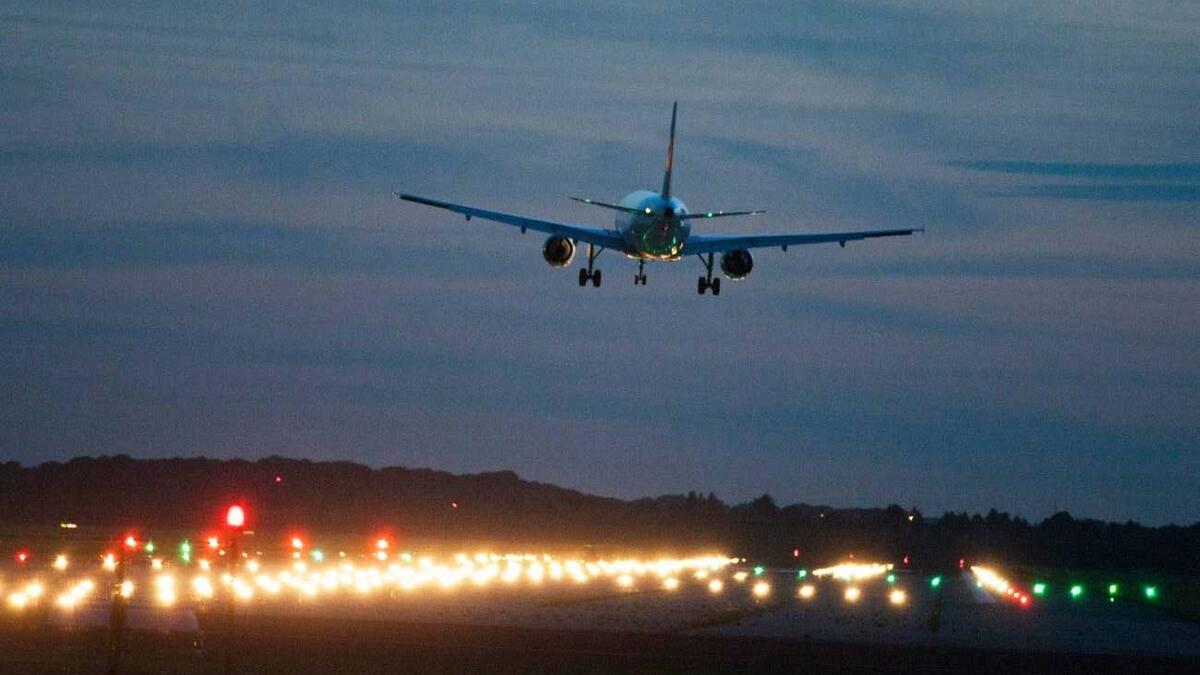Pakistan has recently imposed a fixed federal excise duty of Rs5,000 on airfares for blue-collar workers flying to the UAE and other GCC countries, further increasing the cost of flights for these workers. The Federal Board of Revenue of Pakistan issued a notification stating that a fixed amount of Rs5,000 per ticket will be collected from passengers holding labour visas embarking on international journeys from Pakistan to GCC countries. The UAE-Pakistan air corridor is already busy due to a large number of South Asian nationals in the Emirates, with airfares being higher due to seat availability shortages.
The new taxation will put additional strain on the meagre earnings of blue-collar workers, who form the largest group of migrants from Pakistan. This move has been criticized by workers such as Ali Ahmed, who highlighted the impact on workers coming from remote areas of Pakistan in search of better opportunities. With blue-collar workers being the largest source of remittances to Pakistan, such decisions by the government are seen as burdensome and requiring reevaluation. Currently, there are five Pakistani and four UAE carriers operating between the two countries.
The decision to levy fixed federal excise duty comes as the Pakistani government also increased duty on Business Class air tickets by Rs30,000 to Rs105,000 to UAE, GCC, and other Middle Eastern countries from July 1, 2024. The mass exodus of people from Pakistan in recent years is attributed to factors such as job scarcity, high inflation, and political instability, leading individuals to seek employment outside the country. The GCC countries, including the UAE, Saudi Arabia, Oman, Bahrain, Qatar, and Kuwait, are home to a significant Pakistani diaspora.
In the years 2023-2024, the GCC countries were the top destinations for the South Asian community, with 862,625 individuals migrating abroad for livelihood. Saudi Arabia topped the destinations list, with 426,951 Pakistanis going to the kingdom for work according to data published in the Pakistan Economic Survey 2023-24. Approximately 1.7 million South Asian nationals reside and work in the UAE, with 230,000 Pakistanis migrating there in the same period for better opportunities.
Oman, Qatar, Bahrain, and Malaysia also provided job opportunities to Pakistani workers, with significant numbers moving to these countries for employment. Remittances sent back by overseas Pakistani workers contribute significantly to the country’s economy, with 96% of registered workers employed in GCC countries, particularly in Saudi Arabia and the UAE. These remittances are vital for Pakistan’s economy, being a primary source of foreign exchange alongside exports.
Overall, the imposition of fixed federal excise duty on airfares for blue-collar workers flying to the UAE and other GCC countries is expected to further increase the financial burden on these workers. The move has sparked criticism from workers and calls for the government to reconsider such decisions that impact migrant workers who contribute significantly to the economy through their remittances. As the situation unfolds, it will be important to monitor the implications of these taxes on the migrant worker population and adjust policies accordingly to ensure the well-being of these individuals.










